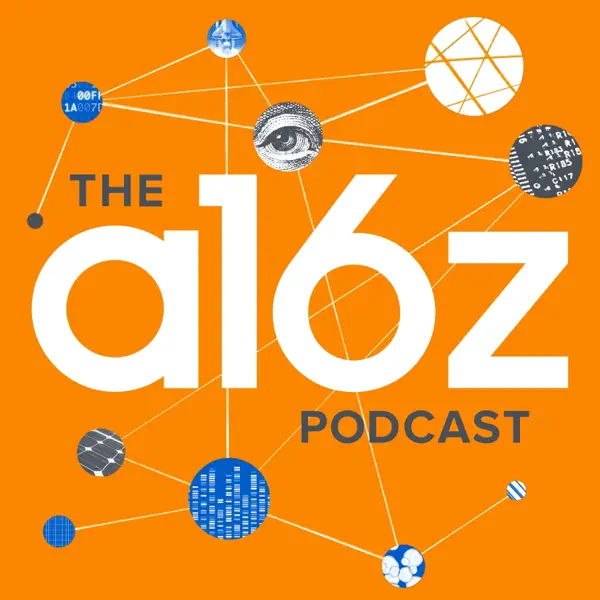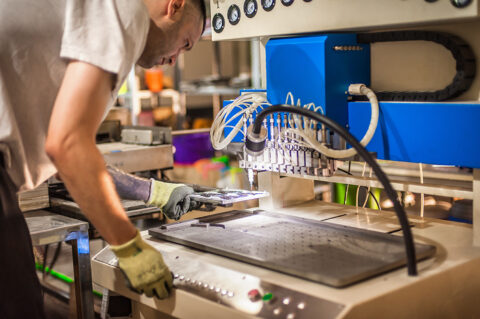In a thought-provoking episode of the a16z Podcast, Marc Andreessen and Joe Lonsdale sit down to discuss the future of American manufacturing, the impact of AI, and the policies needed to drive economic growth and opportunity. The conversation, recorded live at the first Ronald Reagan Economic Forum, delves into the historical context of US industrialization, the shift towards a service-based economy, and the potential for AI to spark a new industrial revolution.
Andreessen, co-founder of a16z, provides a historical perspective on the American system of industrialization in the 19th century, highlighting the role of protectionism and tariffs in fostering industrial preeminence. He argues that the US economy has undergone a significant shift since the 1970s, transitioning from manufacturing to knowledge work and financialization, leading to slower growth and a divide between cities and the countryside.
AI is happening and AI is only happening in two places. Like it’s only US versus China and there’s a whole competition thing there. But like the US is like very powerful on this.
The discussion turns to the potential of AI to drive a new industrial revolution, with Andreessen emphasizing the importance of US leadership in this field. He envisions a future where embodied physical AI, or robotics, becomes the biggest industry in history, creating opportunities for manufacturing jobs focused on designing and building new technologies.
Lonsdale and Andreessen also tackle the complex issue of immigration and its impact on the workforce, particularly the intersection of DEI (Diversity, Equity, and Inclusion) policies and access to top universities. They argue that these policies have led to untapped talent in the US being cut off from opportunities, contributing to the growing divide between urban and rural areas.
“If the country is growing faster, it’s gonna be a fundamentally happier place, because people, whichever side of the political spectrum you’re on, it’s gonna be a sense of optimism. There’s gonna be a sense of opportunity, there’s gonna be the sense that your kids are gonna live better lives than you do.”
Looking ahead, Andreessen and Lonsdale identify several bottlenecks and solutions for achieving optimistic outcomes, including regulatory fixes, energy solutions, and access to critical minerals. They emphasize the need for bipartisanship in building the future and promoting economic growth, as well as addressing the rising costs of housing, healthcare, and education through technological innovation and regulatory reform.
The conversation concludes with a call to embrace technological progress and a vision of a high-growth environment that makes tackling these challenges more manageable. Andreessen points to the example of Lasik Eye surgery as a model for technological advancement and price reduction outside the regulated system, demonstrating the potential for innovation to drive down costs and improve quality of life.
As the US navigates the future of manufacturing and the impact of AI, the insights shared by Marc Andreessen and Joe Lonsdale provide a thought-provoking framework for understanding the challenges and opportunities that lie ahead. By embracing innovation, fostering bipartisanship, and addressing regulatory hurdles, the nation can position itself for a new era of growth and prosperity.
To listen to the full episode and explore more cutting-edge discussions on technology and policy, visit the a16z Podcast at a16z.com/podcasts.




